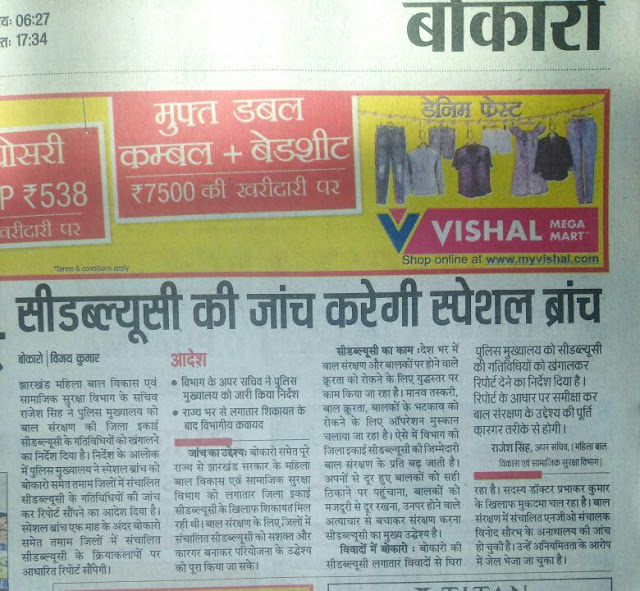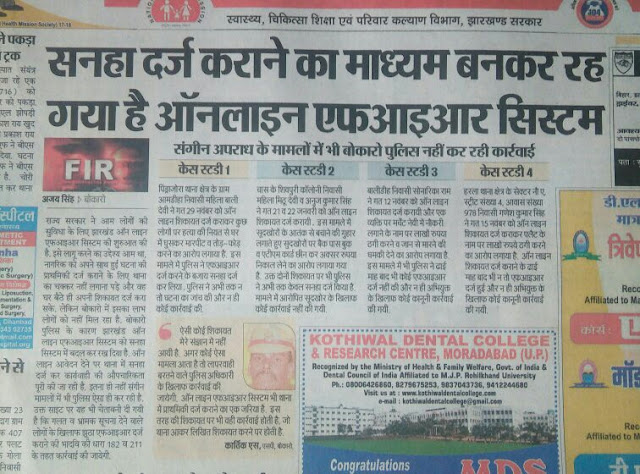SC Issues Directions to States for Proper Implementation of Juvenile Justice Act
February 13, 2018 Case name: Sampurna Behura v. Union of India & Ors. Date of Judgment: February 09, 2018 In a recent case, the Two-Judge Bench of the Supreme Court extensively deliberated on the status of Child care institutions in India under the The Juvenile Justice (Care and Protection of Children) Act, 2000 and the Juvenile Justice (Care and Protection) Act, 2015. The Bench in the case took strong note of virtual non-implementation or tardy implementation of laws beneficial to children, particularly, The Juvenile Justice (Care and Protection of Children) Act, 2000 and Juvenile Justice (Care and Protection) Act, 2015. The Supreme expressed its concern in the case by stating that: What can a citizen do if the State pays no attention to his or her fundamental or human or statutory right, nor takes serious interest in fulfilling its constitutional or statutory obligations? What if that citizen is a voiceless child or someone whose voice cannot be heard over the di...

